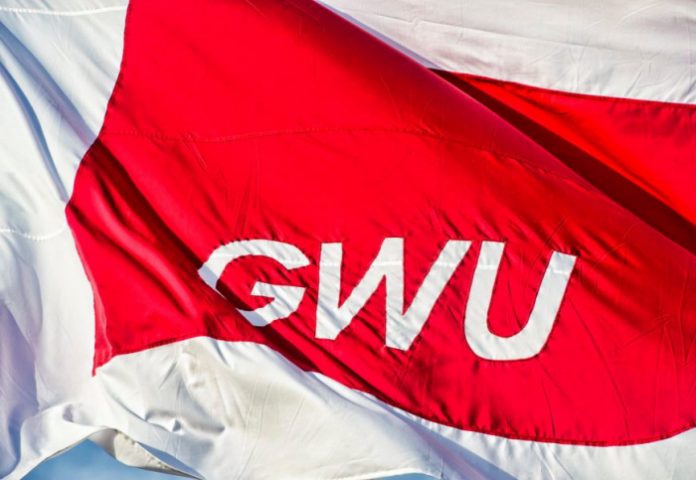General Workers’ Union Secretary General Josef Bugeja addressed a host of challenges facing Maltese workers as well as foreign workers suffering abuse and occupational hazards, in his speech for 1 May, delivered at the Workers’ Memorial monument in Msida.
In a forceful appeal for unity amongst all workers, Bugeja reaffirmed the GWU’s incessant fight for solidarity, equality, and social justice as the key to creating a better future for all workers. “We stand here today to remember that our strength is in unity, in solidarity… together we must build a future where every worker is valued, respected, and allowed to live a life of dignity.”
Bugeja said the exploitation and abuse of workers were the foremost concerns in a litany of challenges for workers in Malta, which he said were being fuelled by greed.
“Time and again workers are being subjected to unjust treatment, unsuitable working conditions, and low wages,” Bugeja said. “Their rights are being ignored, and their voices silenced. This exploitation is unjust, illegal, and fundamentally opposed to the principles of solidarity, social justice, dignity, and equality.”
Bugeja said the union would be steadfast in fighting for just wages that give workers and their families a dignified life, policies that promote work-life balance and which safeguard mental as well as physical health, as well as continued investment in lifelong skills.
“We are fighting for the principle of equal pay for jobs of equal value in every workplace, because this is a foundation of social justice, for all workers, be they sub-contracted or directly employed,” Bugeja said. “It is unacceptable that the former are being paid less than other workers, a disparity that devalues their contribution and leads to an unequal society.”
Bugeja reaffirmed the GWU’s belief that mandatory unionization was the key to ensuring better wages, occupational safety, as well as a strong voice for workers.
“We cannot close our eyes to the lack of respect for occupational health and safety standards in workplaces. Every worker has a right to safe and healthy conditions at work, but many times these rights are compromised by greed. We have seen the consequences of negligence, and we say: never again! The GWU will hold abusive employers responsible for their actions and will insist on the strict enforcement of these standards.”
Bugeja said the GWU would also not ignore the ill-treatment of foreign, non-EU workers in Malta, saying it was unacceptable and disgusting to witness the disrespect of these contributors to the economy.
“These workers contribute to our culture, our society, and our economy. Yet they face a disgusting, discriminatory and abusive treatment. We need to foster a society that embraces diversity, and which respects the rights of all workers, irrespectively of their nationality,” the GWU Secretary General said. “Our solidarity must extend to all workers… their fight for a better life is part of our fight for social justice.”
Bugeja said the fight for social justice was also the fight against any form of discrimination and inequality that affects job positions and society, be it gender-based, racial, or even based on socio-economic status.
Bugeja also turned to the existential threat of climate change and the importance of policies that protect both the environment but also ensure a fair transition to a green economy that is inclusive of all workers.
He added that the evolution of work meant upskilling had to be backed by a strategy with workers’ dignity at its heart, and not just by mere words. “The GWU is working for this kind of social mobility for workers every day and we remain committed to fostering a culture of continuous learning and development.”
The General Workers’ Union Secretary General also said the union was adamant that it would not back down in its legal quest to retain its Valletta headquarters after Nationalist MPs filed a civil case to have the premises’ land returned to the State.










